Malta And Ghajnsielem Take Top Billing In CNN Travel List of 15 Best Places to Spend Christmas12/11/2018
1 Comment
Winter diving Check-list. We first came to Gozo on a diving holiday in February and immediately fell in love with the Island and the fantastic diving it offered. So why Gozo? A check list of what we wanted from a diving destination. Not everyone's check list is the same however here is ours and the answers for Gozo; Is it warmer than home? Yes. The average winter high is 16-17 degrees. Is the diving good? Yes. The Maltese Island have just been voted the 2nd best diving destination in the world for the 3rd year running by the readers of Diver magazine. Are there direct flights in winter? Yes, with more and more every year. Is the flight less than three hours? Yes. Malta is less than three hours from almost anywhere in Europe. Is it safe? Yes. Gozo is in Europe and has an extremely low crime rate, cars are left unlocked and people still leave the keys in the front door in the villages to let friends and neighbours know they are home and happy to welcome visitors. Can we do other things if we get a bit of bad weather? Yes. Gozo is home to over 5000 years of history to explore. It is a fertile green island with unspoiled countryside and many secluded bays to discover. It is also a great place for rambling and off road trail biking is becoming more popular. Wet Suits In winter? In Europe? If you wear a wet suit at home in Northern Europe in the summer then you will be more than comfortable here in winter. In fact the first time we came to Gozo from Switzerland, around 10 years ago, we were both in wet suits and the centre owner we were diving with at the time didn't bat an eye. After all the water was 16 degrees which was the temperature of our local lake in Switzerland in late July. If you have a Dry Suit it definitely makes the surface interval and apres dive more comfortable however with the right suit and a sunny day, yes we have those in the winter, diving wet is enjoyable. Doesn't everything close in the winter months? No. It is true that there are many seasonal businesses on Gozo, with owners who head home for the winter, however the majority of locally owned and operated shops, restaurants and accommodation providers stay open all year around. If you want to enjoy peace and quiet with fewer tourists, less traffic and a more authentic feeling, then winter on Gozo will be perfect. People have more time here in winter and enjoy using it "spoiling" the visitors who see that Gozo is more than just summer sun. How Is The Winter Weather on Gozo?
Great Prices on Top Gozo Accommodation
As I wrote earlier the best locally owned accommodation remains open over the winter months and is better value than ever during this time of year. Even a Suite in a 5* hotel can be booked for less than €500 per week.
We recommend staying in full service accommodation in the winter months as many of the self catering farmhouses and apartment are not made for the winter months and can be a bit chilly and damp as they may not have been used for some time prior to your arrival. If you stay in one of the accommodations listed below your diving vacation will get even easier, we will pick you up in the morning with all your equipment loaded and drop you off directly after the dive, no need to rinse or dry your equipment as we will do it for you. Below you will find a few examples I found in a quick search online for mid January 2019 from our preferred accommodation providers.
Our Winter Prices, 1 December 2018 - 31 March 2019
Like the accommodation, car hire companies and airlines, we also offer winter warmer specials. Below you will find our winter 2018-2019 price list and don't worry the discounted prices as we still include all of our normal services and have that extra time for "spoiling" our guests. For groups of 2 divers booking together you can deduct a further 10 % and groups of four can deduct 15%. The same applies to all courses booked during this period.
For divers who want to save on luggage we also have discounted the rental equipment prices even if we will give you more. In terms of suits you will get a full suit plus shortie and hood to help keep you toastie and warm during the dives. Summing it Up Yes you can dive in Europe in winter in a wet suit. Great prices, a week of diving for two can be less than €1000 all inclusive, great diving, best in Europe and number two in the world, and a beautiful island are just waiting for you to discover them. The only warning I have is that by coming here in the winter you may find yourself falling in love with the island and who knows you may even end up like us living the dream on Gozo, a year around jewel in the middle of the Mediterranean.
Below you will find a list of the 10 best ways to stay safe when diving, it is by no means and exhaustive list however by doing these 10 things you will be on the way to being a very safe diver and the kind of buddy everyone enjoys diving with. The unfortunate statistics mentioned below come from various sources such as DAN research and BSAC annual reports. 1. Never hold your Breath From your very first scuba dive, be it a Try Dive in a local pool or an Open Water Diver course in some exotic destination, you learned rule number one of scuba diving is never hold your breath. There is a very good reason for this, Boyle’s law, which, simplified for diving, tells us that the air in a diver’s lungs will expand when ascending and contract during the descent. Therefore by breathing continuously the expansion is not a problem as the expanding air escapes during the breathing cycle. However when a diver holds their breath, the expanding air no will longer escape naturally and has to find another way to escape. Eventually the alveolie in the divers lung walls will rupture and cause serious, even fatal, damage to the lungs. Pressure related injury to the lungs are known as pulmonary barotrauma and in the most extreme cases allow air bubbles to escape into the chest cavity and in the worst cases the bloodstream. If the air bubbles enter into the bloodstream they can cause an arterial gas embolism, which is often fatal. Depth changes of less than a meter or two can be enough to cause lung-over expansion injuries which is why holding your breath is dangerous, at all times, while diving and especially on the ascent. Avoiding a pulmonary barotrauma is literally as simple as breathing. 2. Buoyancy, Buoyancy, Buoyancy It may seem crazy however over 50% of diving accidents can be attributed to bad buoyancy practices and you find divers with 100s of dives who have not mastered this most basic of diving skills. After all, one of the greatest joys of diving is the feeling of weightlessness and becoming a creature that exists in three dimensions no longer bound by gravity. So lets look at the 50%; approximately 26% of fatalities are caused by and uncontrolled assent and more amazingly another 25% happen at the surface before or after the dive due to not establishing positive buoyancy. So every diver has learned, in their basic diving course, that there are three types of buoyancy, positive, neutral, and negative. Mastering all three states and knowing how to and when to create and use them is what diving like a boss is all about. Positive Buoyancy is mainly used on the surface, whenever you are on the surface your BCD should be FULLY inflated. This will save energy and the air you used to inflated the jacket at the beginning of the dive will quickly be won back when you decent relaxed and not out of breath from fining at the surface. A sure sign of a diver that has not understood this is the "Swan Diver" all calm and grace above the water line however kicking like crazy under the surface to stay afloat. DON'T BE A SWAN, a quarter of diving fatalities were swans... Neutral Buoyancy is our state at all times when diving. Sure we need to be a bit negative to descend to a new depth, or a bit positive to assent a bit, however we should be in a neutral state for the majority of the dive. This is achieved by understanding how your lungs and BCD work as a team. The BCD or stab is there to establish neutral buoyancy at the desired depth and learning to use your lungs properly is for fine adjustment. A big inhalation begins an ascent, long deep exhalation begins a decent and the BCD stabilises you at the desired depth. Mastering this not only will make you a more proficient diver who uses less air, it will also cut your risk of an uncontrolled ascent, 26% of fatalities, and make you a more environmentally friendly diver who does less damage to the reef and also their equipment. Negative Buoyancy is only a state to be used to descend and at no other time should you be negatively buoyant. Diving like a shark that is not a good thing. If a shark stops swimming it sinks, that is not the way you should dive. 3. Respect Your Training and Experience Level No one wants to be the "newbe", however all of us were at one time in our diving career. The important thing to remember is that by following your training you will be safer and soon be one of the old salts on the dive boat. Diving is like every sport and requires practice and training to become proficient. After all hopefully you paid for diver training and not just diver certification and as such you took some knowledge out of your courses, one of these being never exceed the limits of your training and experience. There is no shame in calling a proposed dive because you don't feel it is for you for what ever reason. All good divers know that any diver can call any dive at any time for any reason, no questions asked. Don't succumb to peer pressure or pushy dive centres and slowly extend your limits. We all pushed our limits, that is how we grow in experience and learn new skills, however we should never intentionally exceed them by too large of a margin as this leads to situations where the lesson may be the final one we learn. In the end it is important to be honest with ourselves and the people we dive with about our limits in order to stay safe. Like all other sports the best way to gain experience is to join a club, go on diving holidays, take courses and most importantly Dive Dive Dive. 4. Be Honest on Medical Questionnaires We all know that staying healthy is important for diving. However this is a point where far to many people are not honest either with themselves or the people they dive with. Studies have shown that over a quarter of all diving accidents would not have happened if people had been honest on medical questionnaires or with doctors or with themselves. Yes 26% of diving accidents happened because of known preexisting conditions which would have excluded the person from diving. The medical questionnaire is there to help you help yourself and even if a YES means NO diving it is important to be honest. One way to deal with this is to make it a habit to get a diving medical once a year from a doctor familiar with hyperbaric medicine. This will avoid the situation where you arrive at your diving destination and feel tempted to tell a "little white lie" on the medical declaration form. If you are just starting out many dive centres have a copy of various medical declarations on their website for you to look at and see if any of the factors apply to you. YES is not always NO it just means that it may be a good idea to see a doctor before you book your diving holiday. Very few of us are as fit as we wish we were, the important thing is to be honest about it with yourself and others, don't become an avoidable diving statistic. 5. Pre-Dive Safety Checkssss, Yes Plural. If you have been diving long enough you will have seen it and some of us have even done it. Everyone is on the dive boat ready to do their buddy check and the DM shouts "Dolphins", at which point all reason leaves some divers heads and they scramble to get in the water. What follows is usually a mess, divers trying negative entries with their air off, others stuck on the surface with no weights and still others with their new mask or fins joining the treasures to be found in Davie Jones Locker, a dangerous situation and all of it was avoidable. Prior to getting into the water you and your equipment should have been through at least three checks on the dive site, not counting the one you did when you packed it before going on holiday or checking it out of the rental department of the dive centre. We all learned this when we did our first diving course however most people only remember BWARF with your Buddy. So here is a reminder. Check 1: When unpacking your equipment check it visually. Make sure that everything is in good order and was not damaged on the way to the dive site, check fin straps and mask straps for small tears which may lead to failure. Check 2: BWARF yourself after assembling everything. Ensure that the BCD functions properly, FULLY inflate it, check over-pressure and dump valves. Make sure your weight system is in good order and that all quick releases and closures work properly. Check that your regulator is functioning properly, take long slow breaths from the primary, then do the same and gently purge the secondary at the same time, check you have enough breathing gas for the dive. Make sure all releases are functioning and that your tank is properly secured, also check that all your accessories are properly attached and streamlined. Next check that your mask and fins are ready for the dive and that your computer is set to the proper breathing gas and any warnings and alarms are appropriate for the dive. Finally check yourself, are you mentally and physically fit for the dive. If there is a problem at any step that cannot be quickly and easily rectified inform your buddy or guide. Check 3: BWARF with your Buddy. Follow the same steps as above only on your buddy and their equipment. In this check you should only get confirmation of what you knew about your equipment, that it is functioning properly, and familiarise yourself with your buddy's equipment. Now you will be triple sure your equipment is functioning properly and can relax and enjoy the dive knowing that you and your buddy have done everything possible to avoid equipment failure and that should something happen you are familiar with each others kit. 6. Gas Management This is a big one. Gone are the days of turn with half a tank!! All responsible divers and dive centres are now using and teaching the Rule of Thirds. Basically you use two thirds of your available breathing gas supply for for the main body of the dive and one third for the safety stop, surfacing and a safety margin. This rule is applied differently depending on if you are doing a drift dive, drift with pick up, or out and back dive however it is now the gas management strategy followed by the major training agencies, well informed divers and responsible dive operators. As one diver training agency puts it the only reason a diver should run out of air is that " small green aliens with tiny carbide tipped drills put small holes in your cylinder during the dive". I would argue that you should have noticed that as well due to the needle on your SPG descending faster than usual and at that point you called the dive and started a slow safe ascent with your buddy very close by. Another important factor in gas management is that every diver should know their "SAC" rate. This will allow you to be able to plan your dive and judge your consumption without looking at the SPG and then checking the SPG regularly to confirm what they already new. There is no excuse for running out of air other than an unforeseeable catastrophic equipment failure that could not have been detected during one of the many pre-dive safety checks you performed on your equipment. In the end poor gas management is the number one contributing factor in diving fatalities, and like all the ones previously mentioned is completely avoidable. Proper gas management techniques will help you avoid an out of air situation. Just because you spent half your Open Water Scuba Diver course preparing for it does not mean that running out of air is normal, or that you should ever need to use those skills. 7. Use The Buddy System In the old days there was a saying "dive alone, die alone", which, over time, has been proven correct. In 86% of diving incidents, where there was a fatality, the diver was alone. The buddy system was created for a reason, two minds are better than one. Also it is more enjoyable doing things and being able to share the experience with someone after. Your buddy is your backup everything underwater, keep that in mind when choosing your buddy and show them the respect they deserve in taking the role of backup life support during the dive. If you are diving on holiday and the dive operator assigns buddies, get to know your new friend, do they have concerns, a different equipment configuration than you are used to, what is their experience level, have they dived the site before? Knowing all of these thing will help the buddy team function properly underwater and have a more enjoyable and safe diving experience both above and below the water. 8. Become a Solo, Self-Reliant, Independent Diver WHAT?????? Number 7 says the opposite!!!!!!!!!!! No, it does not, becoming a well trained Independent diver does not mean you can forget the buddy system. It means that you will be a better buddy who knows how to look after themselves under water. Imaging two divers trained to be self-reliant using the buddy system to its full, you would have one of the safest combinations you could imagine in diving. On the other side imagine the situation where you a paired with a independent minded buddy on the dive boat, one that follows the " same ocean, same day" style of buddy system, wouldn't you feel safer knowing you have the skills and training to help yourself in case you find yourself alone as your new "buddy" is nowhere to be found or has not got the training or skills to help. Becoming an Independent/Solo diver, who uses the buddy system, is one of the best ways to ensure your safety when diving, both at home with a know buddy, and abroad with your new "Boat Buddy". 9. Take Every Opportunity to Practice Your Diving SkillsEvery dive is an opportunity to practice. Think of the safety stop; how many times have you been in mid-water at 5 meters just waiting for the countdown on your dive computer to reach zero so you can get back on the boat or exit the water? Why not use this time to practice your fundamental diving skills or try out new ones? Also by joining a club at home you may find that they have access to a local pool where you can go from time to time to freshen up skills that you may not have practiced in years. Just like every sport, each time you dive you have the opportunity to actively, or even passively, sharpen your skills and become a better and safer diver. 10: Dive Planning Like the "Rule of Thirds" the mantra "Plan Your Dive, Dive Your Plan" is no longer restricted to tech divers. Dive planning is in important part of every dive we do. Which gas? How log? How deep? Where? When? and a dozen other questions go into planning a dive. If you are diving independent of a Club or Dive Center it is important that you plan every dive properly with your buddy, 5 minutes over a coffee is not enough! Not sure what goes into a dive plan? Then you shouldn't be diving without someone who does. When diving with a Club or Dive Centre listen to the briefing, this is the basic plan and the hard work has been done for you. Now you and your buddy can work out details and enjoy the dive sticking to the plan as explained by the Guide. At the end of the day being safe is a mindset, some people are and others are not.
|
Author
Endless Oceans ArchivesCategories |
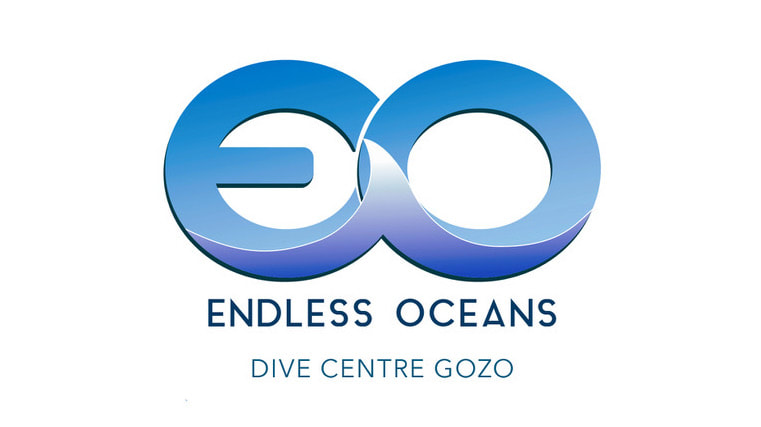
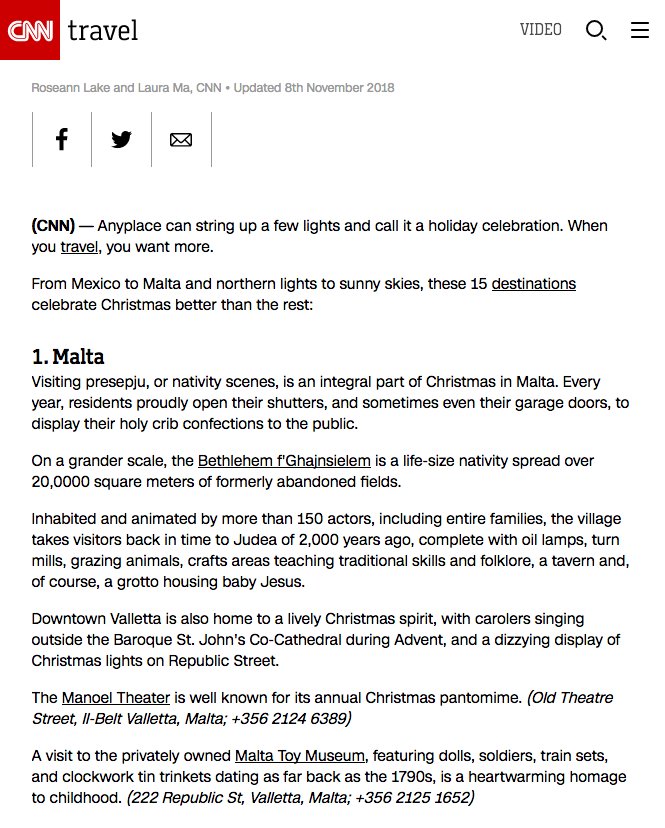
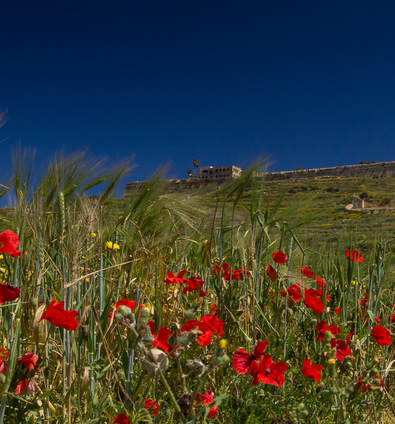
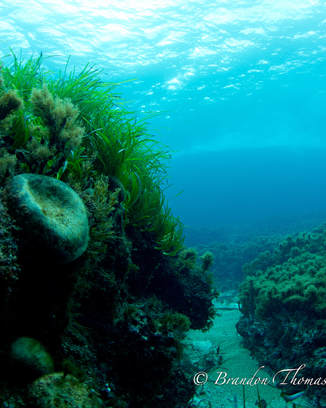
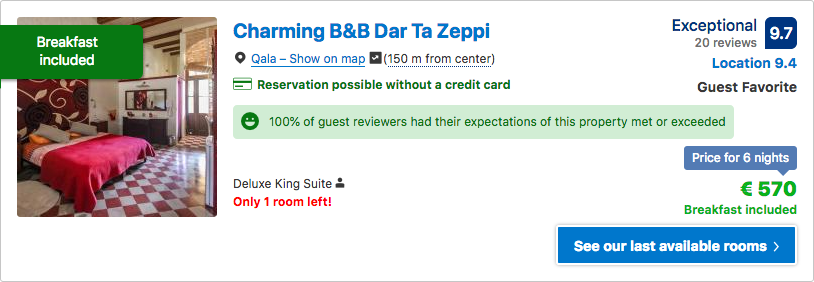
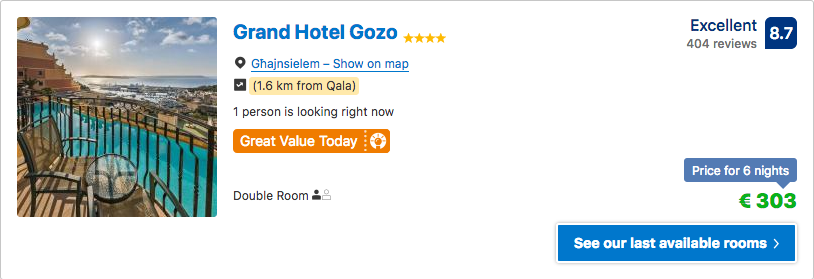
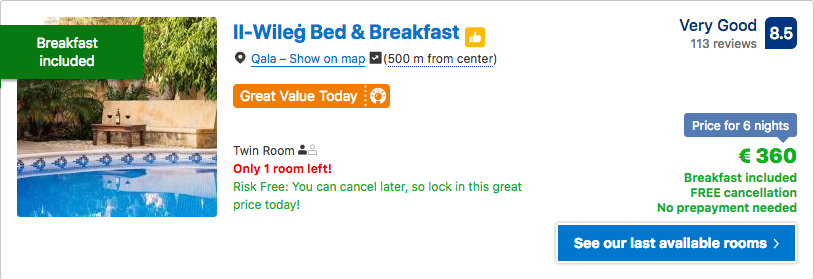

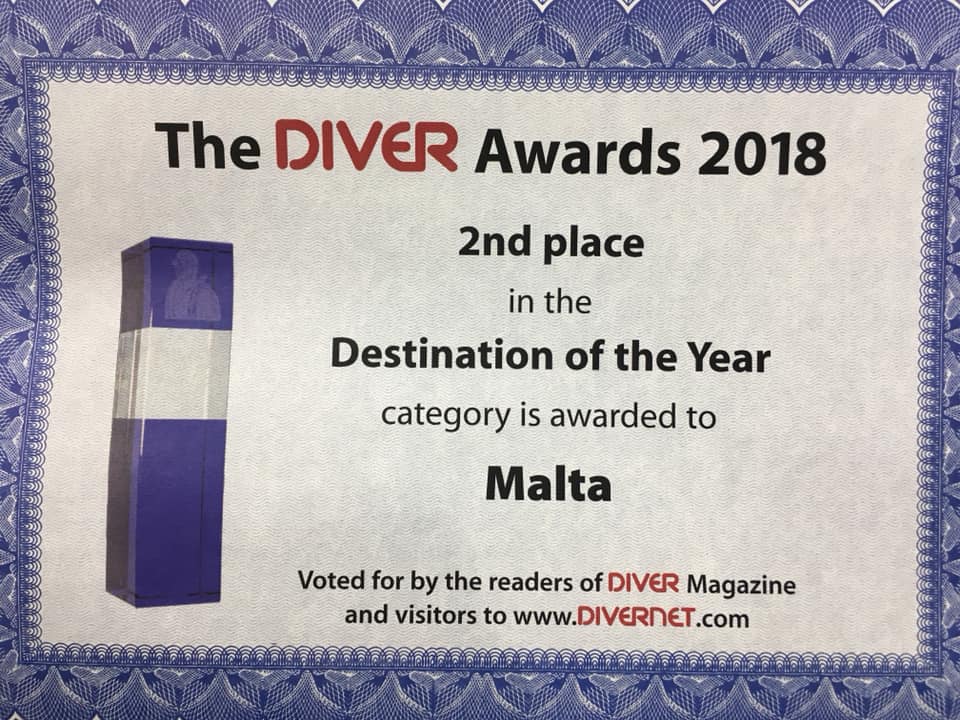
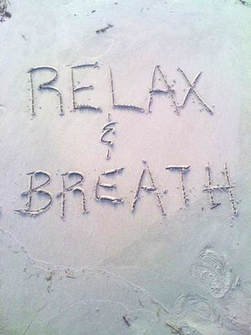
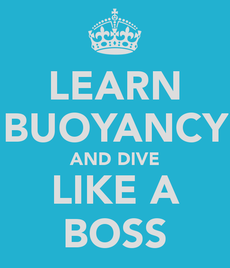
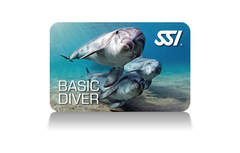
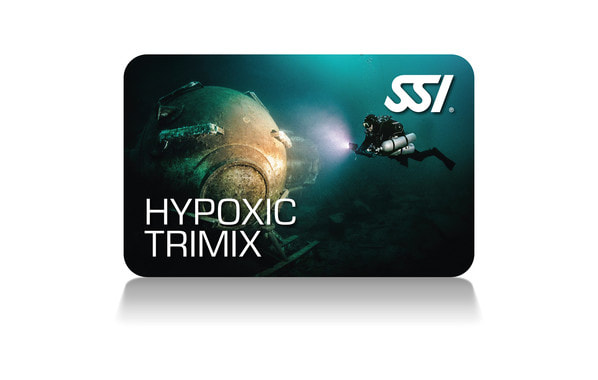

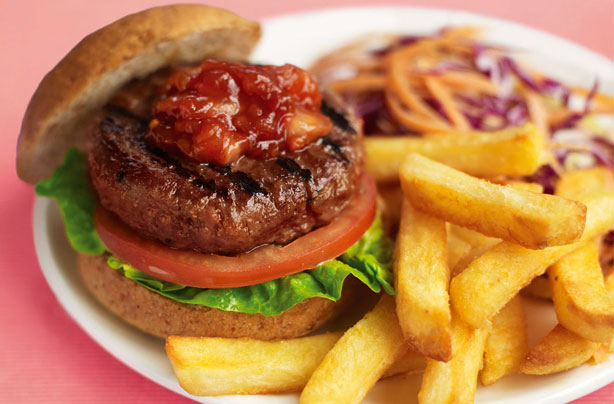
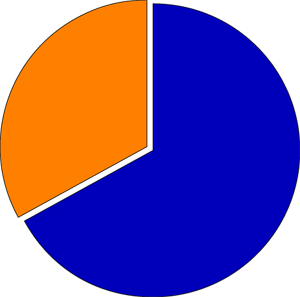
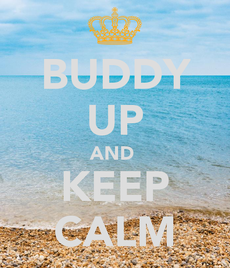

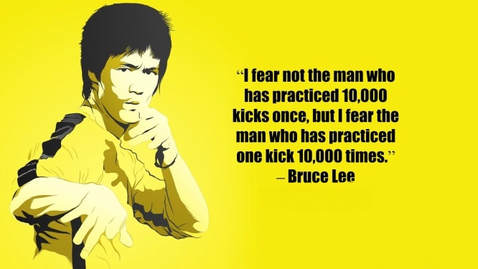
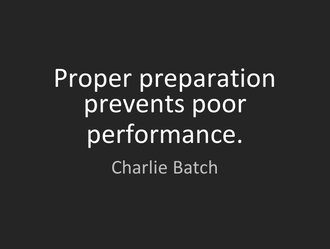
 RSS Feed
RSS Feed
